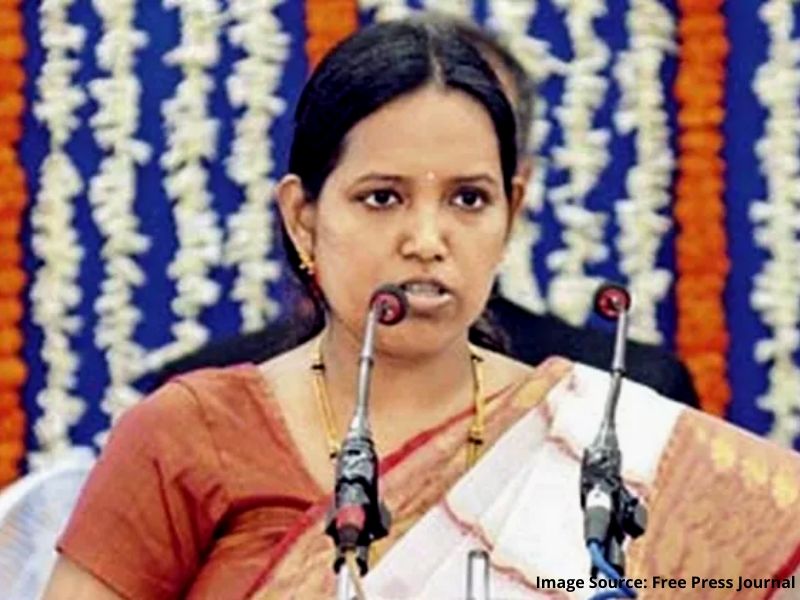-Dipta Joshi
In Maharashtra, 81 government and private schools affiliated to the Maharashtra International Education Board (MIEB) will now revert to the state board prescribed curriculum once regular classes are held at schools in the new academic year. On February 27 this year, Maharashtra’s education minister, Varsha Gaikwad had announced the withdrawal of the international education board on the floor of the state assembly. Overturning the previous Bharatiya Janata Party (BJP) led government’s most ambitious decision the education minister questioned the logic behind having two different government-run education boards offering primary education. She also asked why an international curriculum should be limited to just a handful of state-run schools and instead, promised to launch an international standard curriculum through reforms within the existing state board Senior Secondary Certificate (SSC) framework thus making it accessible to 66,033 local and rural (zilla parishad) schools across the state.
Launched by the BJP’s education minister, Vinod Tawde, MIEB aimed to introduce international level education using the state language Marathi as the medium of instruction in 100 of the state’s rural schools. Starting with 13 pilot schools in 2018, the board got 60 zilla parishad schools, 12 private-aided, eight self-financed and one municipal school affiliated to it until this academic year (2019-20). On December 25, 2018, marking the occasion of late prime minister Atal Bihari Vajpayee’s death anniversary, all 81 schools were brand-named ‘Bharat Ratna Atal Bihari Vajpayee International Schools. There are 25,310 students studying in MIEB schools currently and the first batch of students will complete class IV this academic year.
However, coming to power in November 28, 2019, the state’s coalition Maharashtra Vikas Aghadi (MVA) government (led by Shiv-Sena, Nationalist Congress Party and the Indian National Congress) scrapped the board alleging lack of transparency in its working.
A government resolution (GR) dated March 30 raises questions about the selection criteria of schools for MIEB affiliation as well as implementation of the new MIEB syllabus without seeking approval from the Maharashtra State Council for Educational Research and Training (MSCERT) – the government body responsible for preparing syllabus for the state’s schools. It also points out to the huge training costs of Rs 64,000 per teacher incurred by the MIEB as compared to the Rs 1000 being spent to train teachers for state board education. The costs involved had led the BJP government to set aside Rs 10 crore annually to manage MIEB project costs for the next 10 years.
The MVA government has also been critical of the selection of members for MIEB’s governing council and steering committee and pointed out to the poor attendance by some members at the committee’s meetings. Several high-profile members like Dr Rahgunath Mashelkar, former director general of the Council of Scientific and Industrial Research, Dr Vijay Bhasker, Indian computer scientist, Sonam Wangchuk, director, Students Education and Cultural Movement of Ladakh and Shaheen Mistri, founder, Teach For India were a part of these committees.
As an indication of its inclusive policies, the MVA government has ensured its think-tank and advisory committee for the new syllabus creation consists of members from the Indian Certificate of Secondary Education (ICSE), Central Board of Secondary Education (CBSE), the International Baccalaureate (IB) and Cambridge Assessment International Education (CAIE) boards.
Obviously riled at the MVA government’s decision, ex-education minister, Vinod Tawde called the decision “a bad one that would hinder the growth of Marathi students living in the state’s rural areas”. Schools affiliated to MIEB also termed the decision as unfortunate since students had responded positively to the new curriculum.
“Under the MIEB, our teachers were trained to teach going beyond the textbook method, our classrooms were divided into interesting work and play zones. We noticed a lot of students switching from English medium to Marathi medium because of the new activity-based, child-friendly syllabi. Parents too are disappointed because of the sudden decision. However, we will continue to use similar child-friendly approach to teach the SSC board syllabus too,” said Fr. Norbert D’Souza, principal, Holy Cross High School. The Mumbai-based school was one of the first private-aided schools to switch to the new international board for its Marathi language school and witnessed its student population rise from 20 to 40 for grades I-III that followed the new MIEB curriculum.
